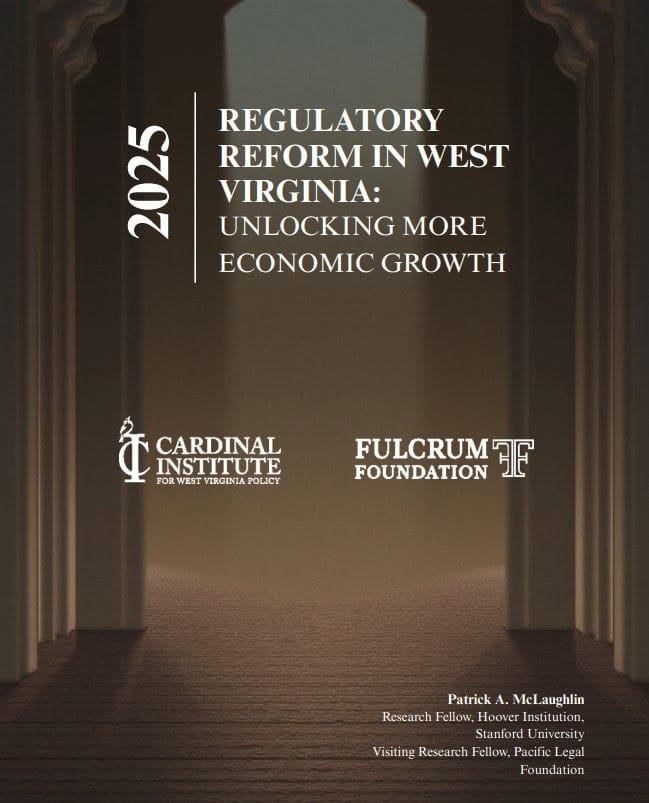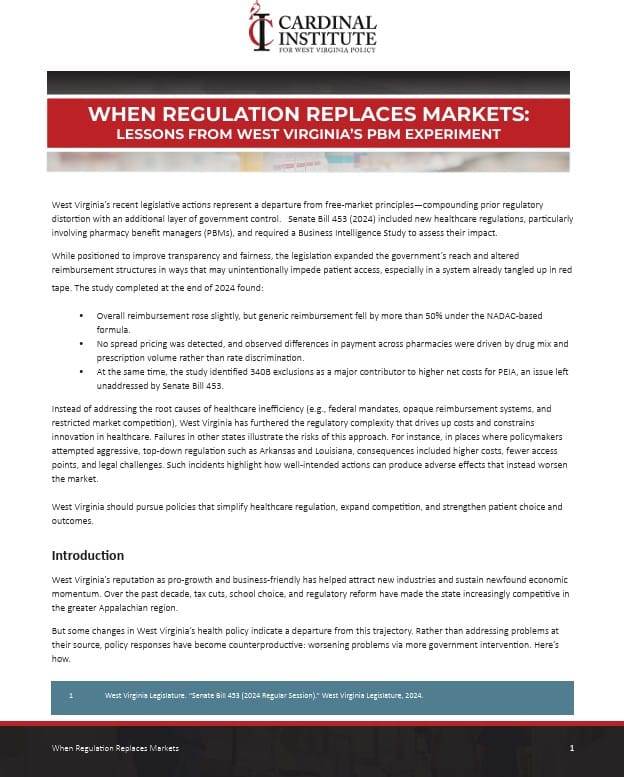
Americans Need Access to Health Savings Accounts
Cardinal Team
What is a Health Savings Account?
90% of Americans have no access to a powerful health savings tool: a Health Savings Account (HSA).
A Health Savings Account (HSA) is a bank account, similar to a 401(k), which allows individuals to set aside money from their salary on a pre-tax basis to pay for qualifying medical expenses. These untaxed dollars may pay for deductibles, copays, prescriptions, and medical procedures. Interest and withdrawals also tax-free, and money in the account can roll over into the following year. More importantly, because these funds are insulated from tax liability, HSA users receive a price discount on each medical expense.
While not always a reasonable substitute for health insurance policies, HSAs are a valuable supplement to ease the burden on pockets in an inflated market. For this reason, the option of an HSA covers out-of-network costs and expenses, offering more control over one’s health.
Currently, HSA account balances exceed $100 billion nationally, but only a minority of Americans can access these plans. Here’s why:
Why Don’t All Americans Have Access to a Health Savings Account?
Individuals may not contribute to an HSA unless they also have a high-deductible health plan (HDHP), as defined by federal law. (An HDHP is a plan with a higher deductible than traditional insurance plans. The monthly premium is typically lower than your average health plan, but you pay for more health care out of pocket before health insurance begins to pay its share. Generally, these plans only cover preventive services before the deductible. In 2022, the minimum deductible was $1,400 for individuals. Due to this prerequisite, the uninsured cannot access an HSA and most existing plans are not HSA-qualified—41% of the U.S. population relies on coverage that is not HSA-qualified.
Why does this create a problem? Most insurance plans do not meet federal definitions for an HSA—including Medicare and Medicaid—and most insurances fail to offer HDHP options because very few consumers prefer these plans. Consequently, only about one in ten Americans have access to an HSA and, sadly, this strict availability will remain unless Congress acts.
Congress Should Make HSAs More Accessible
Therefore, Congress should modify federal law to remove the HSA ceiling. How? The most straightforward reform mechanism is through decoupling, removing HSAs from any insurance requirement. This would effectively allow all Americans, including those who are uninsured, to have access to an HSA option.
Congress should also increase the contribution limit for HSAs. As it currently stands, for the tax year 2022, taxpayers may not contribute more than $3,650 individually or $7,300 in a joint account. This hamstrings current contributors who may want to save more for health coverage or have high medical bills. In fact, the one-year deductible for an Affordable Care Act plan is as high as $10,000, far more than what is legally permissible to save for.
It’s clear HSAs provide a reasonable option for many nationwide in a high-cost market. However, to improve health and maximize savings, Congress needs to remove regressive barriers to care. Without federal action, 90% of Americans will go without an option for care that may be best suited for their individual needs.
Jessica Dobrinsky is a Policy Analyst for the Cardinal Institute for West Virginia Policy.







